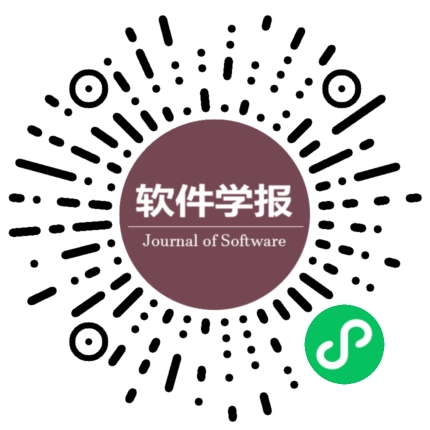面向整车系统的自动驾驶安全测试研究综述
作者:
作者单位:
作者简介:
通讯作者:
中图分类号:
TP311
基金项目:
国家自然科学基金(6223000226, 62125205); 陕西省技术创新引导计划(2024QCY-KXJ-171); 中国电子科技集团第三十六研究所科研项目(HX01202310065); 中央高校基本科研业务费专项资金(ZYTS24138)
Survey on Vehicle System Safety Testing Research for Autonomous Driving
Author:
Affiliation:
Fund Project:
引用本文
任睿晗,杨超,杨凯,张柏迪,张晓东,王利娟,马建峰.面向整车系统的自动驾驶安全测试研究综述.软件学报,,():1-23
复制相关视频

分享
文章指标
- 点击次数:
- 下载次数:
- HTML阅读次数:
历史
- 收稿日期:2024-04-25
- 最后修改日期:2024-12-08
- 录用日期:
- 在线发布日期: 2025-09-10
- 出版日期:
文章二维码

您是第位访问者
版权所有:中国科学院软件研究所 京ICP备05046678号-3
地址:北京市海淀区中关村南四街4号,邮政编码:100190
电话:010-62562563 传真:010-62562533 Email:jos@iscas.ac.cn
技术支持:北京勤云科技发展有限公司
版权所有:中国科学院软件研究所 京ICP备05046678号-3
地址:北京市海淀区中关村南四街4号,邮政编码:100190
电话:010-62562563 传真:010-62562533 Email:jos@iscas.ac.cn
技术支持:北京勤云科技发展有限公司



